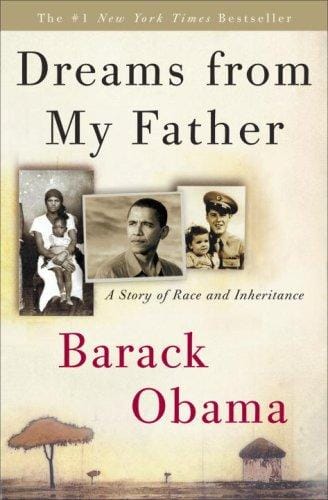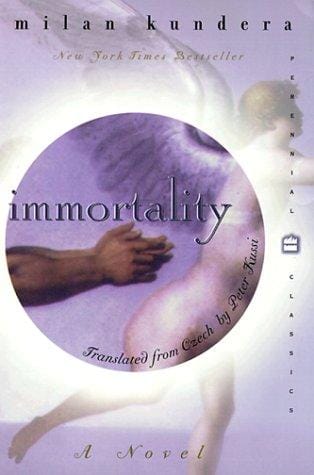Dreams from My Father: An In-Depth Look at Barack Obama’s Defining Memoir
Explore Barack Obama’s memoir "Dreams from My Father": synopsis, themes of identity and family, literary style, and its lasting cultural impact.

Introduction
Published in 1995 and reissued in 2004, "Dreams from My Father" is the memoir that first introduced Barack Obama to a national and eventually global audience. Long before he occupied the White House, Obama offered a candid, lyrical, and deeply personal reflection on race, family, and identity in modern America. The book’s blend of political insight and intimate storytelling has made it a perennial bestseller and a staple on college reading lists. In this article, we explore the memoir’s synopsis, key themes, literary style, impact, and continued relevance for readers today.
Brief Synopsis of "Dreams from My Father"
"Dreams from My Father" is structured in three parts—"Origins," "Chicago," and "Kenya"—that trace Obama’s journey from a young boy in Hawai‘i and Indonesia to a community organizer in Chicago and finally to his ancestral homeland in East Africa. Across these sections, Obama pieces together the fragmented story of his parents: his Kenyan father, Barack Obama Sr., an economist educated in the United States, and his Kansas-born mother, Ann Dunham, a fiercely independent anthropologist. The memoir culminates in Obama’s emotional trip to Kenya, where he confronts the legacy of colonialism, tribal conflicts, and personal loss while forging a more coherent sense of self.
Central Theme: The Search for Identity
At its core, the memoir chronicles a biracial son’s quest to reconcile the many parts of his heritage. Obama’s early life in Honolulu, followed by an adolescence in Jakarta, positioned him as a cultural outsider in both locales. His narrative captures the disorienting moments of being perceived as too Black, not Black enough, or simply foreign. This tension fuels his intellectual curiosity and drives him to understand broader questions of race and belonging in the United States. By documenting these experiences, Obama provides readers with an authentic portrayal of the psychological costs of straddling two worlds.
Family, Fatherhood, and Generational Dreams
The title itself signals the memoir’s preoccupation with fatherhood. Although Obama met his father only once after childhood, his imagination remained tethered to the stories and myths told by his mother and grandparents. The memoir examines how children often construct idealized images of absent parents and how confronting the reality—flaws and all—becomes essential for maturation. Obama’s visit to Kenya serves as both a literal and symbolic encounter with his father’s past, illuminating the generational dreams and disappointments that shape familial bonds.
Literary Style and Narrative Craft
While Obama later earned acclaim as an orator, his earlier success as a writer is evident on every page of "Dreams from My Father." The prose is richly descriptive yet disciplined, weaving sensory details of Honolulu’s beaches, Chicago’s South Side, and rural Kenyan landscapes into a cohesive tapestry. Obama employs dialogue and scene construction reminiscent of literary fiction, allowing secondary characters—from streetwise Chicago teens to Kenyan village elders—to emerge as vivid personalities. The memoir’s reflective tone invites readers to wrestle with moral dilemmas alongside the author, elevating the book beyond standard political autobiography.
Impact on Politics and Culture
When the memoir first appeared, Obama was a relatively unknown law school graduate about to launch his public-service career. By the 2004 Democratic National Convention, however, a national spotlight turned toward him, and the rereleased memoir shot up bestseller lists. Scholars and journalists mined its pages for clues about his governing philosophy, while everyday readers found solace in its nuanced discussion of racial identity. The book’s success demonstrated that voters are hungry for leaders who can articulate complex personal histories instead of relying on focus-grouped talking points.
Why "Dreams from My Father" Still Matters
Nearly three decades after publication, the memoir continues to resonate amid evolving conversations about racial justice, immigration, and multiculturalism. Obama’s nuanced perspective provides a counterpoint to binary narratives of identity, showing that belonging can be fluid rather than fixed. The memoir also serves as a roadmap for civic engagement: Obama’s experiences as a community organizer reveal the power of listening, coalition-building, and pragmatic optimism. For younger readers navigating their own intersecting identities, the memoir offers both validation and guidance.
Conclusion
"Dreams from My Father" endures because it marries literary elegance with sociopolitical insight, offering a blueprint for understanding self and society. Whether you approach it as a coming-of-age story, a study in American race relations, or a prelude to a historic presidency, the memoir rewards careful reading. As long as questions of identity, family, and purpose occupy human hearts, Barack Obama’s first book will remain a touchstone.



